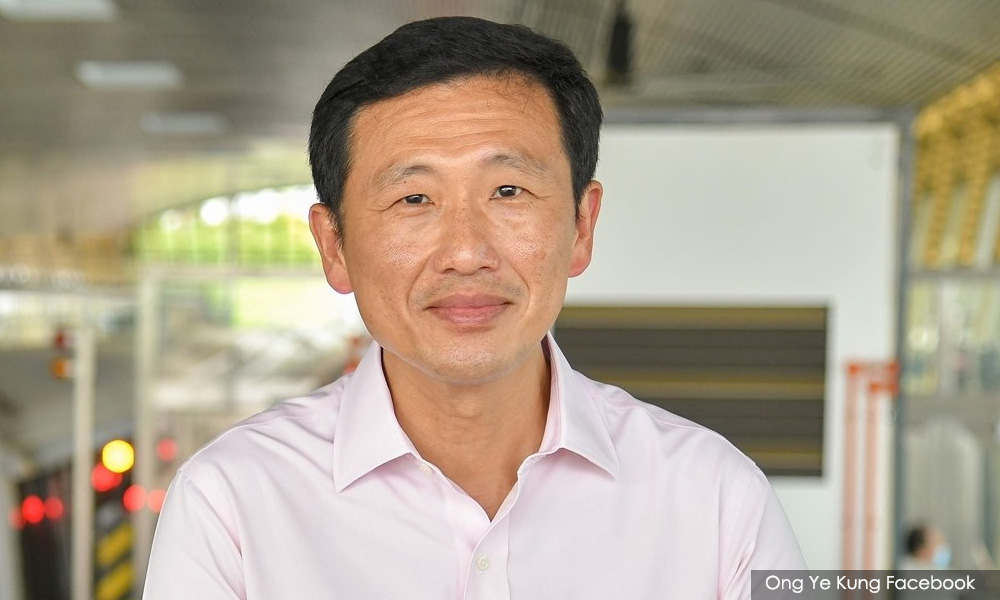PARLIAMENT | Former prime minister Muhyiddin Yassin has mooted that the Kuala Lumpur-Johor Bahru high-speed rail (HSR) project be expanded northwards towards Thailand.
This comes almost 10 months after the government, under Muhyiddin, terminated a HSR agreement with Singapore.
"I support the government's plans regarding implementing the HSR to Johor Bahru.
"In fact, (I suggest) it goes north and connects to the HSR from Bangkok at the Malaysia-Thai border, with private funding involving financial consortiums in the country," he said in the Dewan Rakyat.
This suggestion by Muhyiddin (PN-Pagoh) comes two days after another ex-prime minister, Najib Abdul Razak (BN-Pekan), suggested the government revive the HSR line to Singapore.
Muhyiddin said a HSR to Thailand would have a significant economic impact and create billions in value.
This includes creating jobs, businesses, and even townships along the HSR route.
The idea of a HSR between Malaysia and Thailand is not new.
It was first mooted in 2016 by Najib and Thai prime minister Prayut Chan-o-cha. However, there has been minimal development on the proposal since.
The proposal came after Malaysia and Singapore signed a deal to build a HSR connecting Kuala Lumpur to Singapore.
However, after many delays, the agreement with Singapore was confirmed terminated on Jan 1 this year.
This resulted in Malaysia paying RM320 million in compensation to Singapore.
Singapore's Transport Minister Ong Ye Kung said the main reason why both countries could not reach an agreement on the HSR project was because Malaysia wanted to do away with the jointly tendered asset company (AssetsCo).

Under the AssetsCo model, Malaysia and Singapore must jointly call for an international tender to appoint a suitable company to take the role of AssetsCo.
AssetsCo will be responsible for the design, construction, financing, and maintenance of all rail assets for the HSR project, with joint oversight by Malaysia and Singapore.
Without AssetsCo, Malaysia and Singapore would likely tender the components of the HSR within their own borders, with the other party having little say in their counterpart's tender process.
Minister in the Prime Minister's Department Mustapa Mohamed said the AssetsCo model was too costly.
Furthermore, Mustapa said the new model proposed by Malaysia would have given Putrajaya the freedom to appoint local contractors and consultants. - Mkini




No comments:
Post a Comment
Note: Only a member of this blog may post a comment.